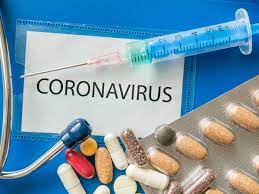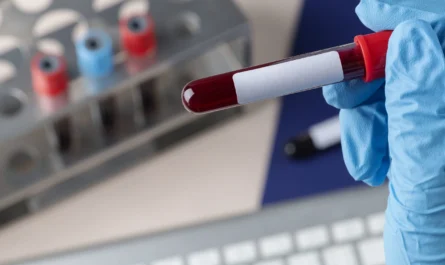The coronavirus pandemic has affected lives and livelihoods across the world for more than a year now. While vaccines have brought hope, treatments for those already infected also remain important. Scientists and researchers continue efforts to develop effective drugs against the SARS-CoV-2 virus. In this article, we take a look at some of the progress made so far and challenges that still remain.
Promising Drug Candidates
Remdesivir: One of the first drugs that showed promise against COVID-19 was remdesivir, originally developed by Gilead Sciences to treat Ebola. It works by inhibiting the viral replication process inside host cells. Several clinical trials in 2020 found that remdesivir could shorten hospital stays for COVID-19 patients. It received emergency approval from the FDA and is currently one of the recommended treatments. However, its overall benefits are considered modest.
Monoclonal Antibodies: These lab-engineered antibodies can mimic the body’s natural immune response. Certain monoclonal antibodies like bamlanivimab developed by Eli Lilly have received emergency approval for treating mild-to-moderate COVID-19 in high-risk patients. When given early, studies showed they may reduce hospitalizations. Combination therapies using two types of monoclonal antibodies together may enhance effectiveness. However, new variants are threatening the utility of some of these therapies.
Convalescent Plasma: This involves transfusing antibody-rich blood plasma from recovered COVID-19 patients to boost immunity in infected people. While initial results seemed promising, subsequent analyses could not prove significant benefits. It continues to be investigated, but high-quality evidence is still lacking regarding its effectiveness.
Other Drugs: Drugs like favipiravir, ivermectin and hydroxychloroquine were also explored but have not panned out due to insufficient evidence of benefits. The WHO has recommended against using hydroxychloroquine or lopinavir/ritonavir for treating COVID-19 outside clinical trials. Research on repurposing existing drugs continues.
Challenges in Drug Development
Clinical Trial Hurdles: Conducting large clinical trials to test potential Coronavirus Treatment Drugs during a pandemic poses multiple challenges. Factors like trial design, recruitment timelines, safety monitoring, publication ethics, etc. need careful planning and oversight. With a novel virus and disease, evaluating outcomes can also be difficult.
Virus Mutations: The fast emergence of new SARS-CoV-2 variants threatens to reduce the effectiveness of some therapies over time. Viruses tend to evolve ways to evade drug and antibody responses. Ensuring new treatments maintain activity against current and future variants makes development more complex.
Manufacturing Scalability: Positive results in initial trials don’t guarantee that drug candidates can be mass-produced affordably and distributed effectively. Factors like raw material supplies, manufacturing infrastructure requirements, quality compliance, etc. influence a drug’s viability and accessibility globally.
Cost Considerations: Developing, testing and manufacturing new drugs is an extensive and expensive process. Yet, equitable access to COVID-19 treatments is critical worldwide. Finding an optimal balance between costs, profits, production capacity and distribution frameworks remains challenging.
The Way Forward
Combo Therapies: Combining drugs that attack different virus parts or stages of replication could help overcome evolving resistance. Researchers are exploring potential synergies between reproposed and new agents. Safety and interactions, however, need careful evaluation.
Pipeline Diversity: With virus mutations likely, maintaining a diverse portfolio of drug candidates at various stages – from basic research to late clinical trials – mitigates risks. Promising areas include antivirals, immunomodulators and inhibitors of crucial virus enzymes.
Global Collaboration: Open data sharing, coordinated trial infrastructure and combined resources can help accelerate progress amidst resource constraints. Partnerships between governments, academia and industry have potential to streamline development.
While the race for effective COVID-19 treatments faces hurdles, ongoing efforts hold hope. With continued scientific rigor and coordinated support, some of the current candidates may yet help manage the pandemic, alongside prevention through public health measures and vaccination drives. The journey continues.


